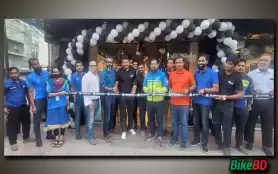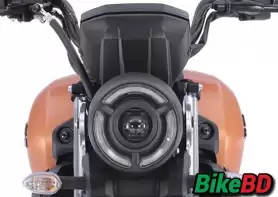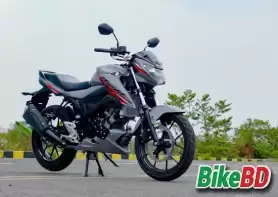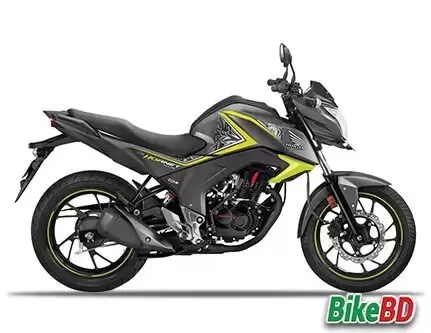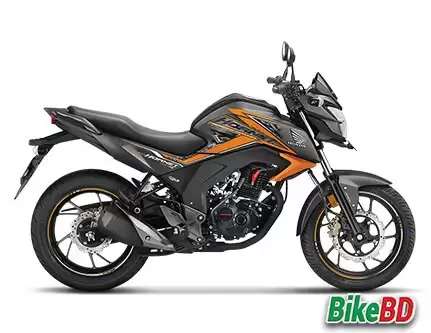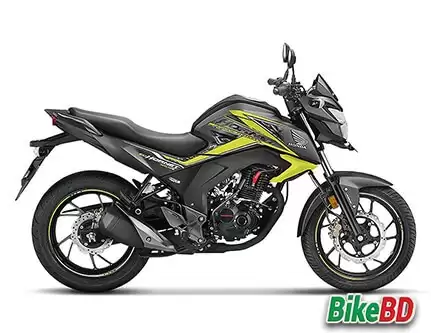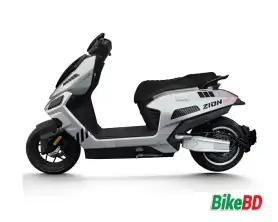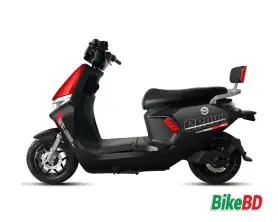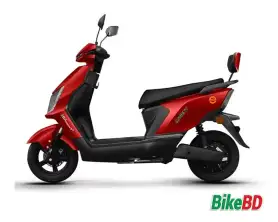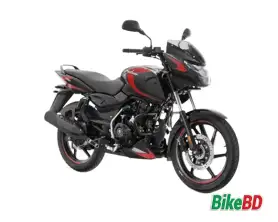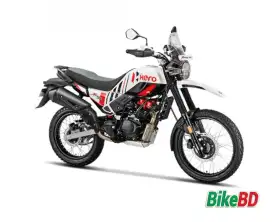Shares 2
Scooters And Our Perception, Past, Present, And Reality
Last updated on 12-Aug-2025 , By Badhon Roy
As bikers, we are all familiar with the scooters. Many people refer to scooters as “scooty” or by the famous Italian brand name, Vespa. There is a common perception that scooters are only be used for women or that they were made specifically for them. However, both men and women of any age can comfortably use scooters.
Also Read: All Moped Bikes In Bangladesh
Although scooters are less common on Bangladeshi roads compared to regular motorcycles. In many parts of the world, they are a reliable mode of transportation for short distances. From the 1990s to the early 2000s, scooters were popular with our ancestors. Nowadays, with more practicality and fashionable designs, the scooter segment is regaining popularity. In this article, we will explore the myths, history, and reality surrounding scooters.
Also Read: Odysse Electric Bike Price in BD

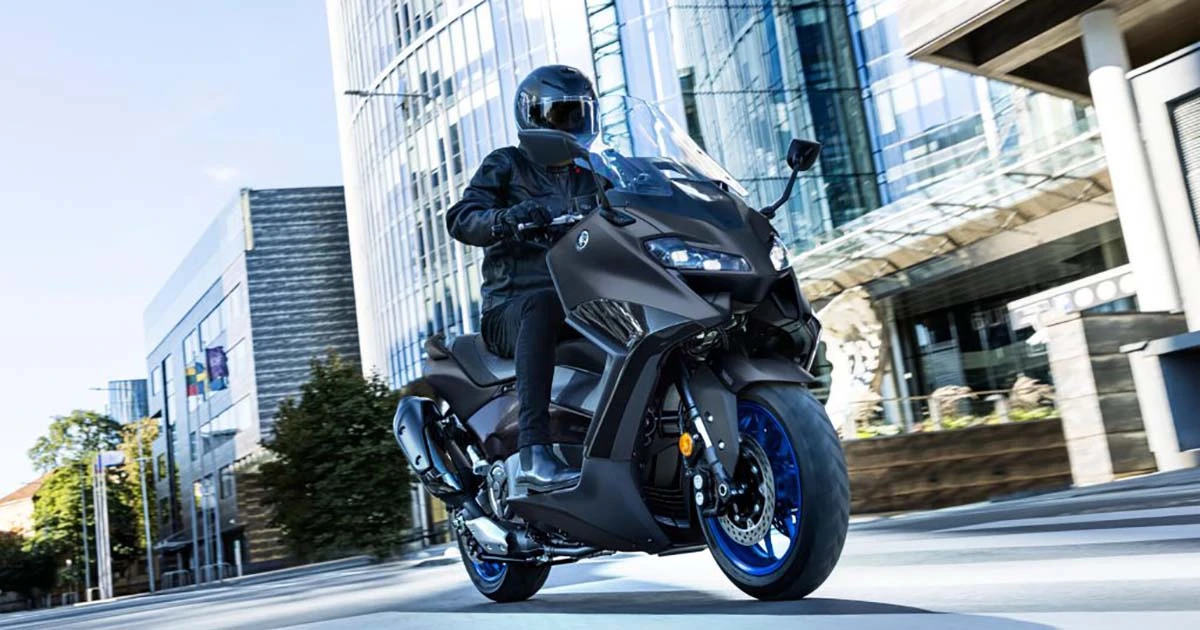
Scooters And Our Perception - History
The history of scooters is long and diverse, starting from the 19th century to the present. The first motorized scooter is known as the Motoped. It was made in 1915, which is considered the ancestor of today’s scooter. It was a simple two-wheeler with small wheels and a 150cc engine and used for personal transportation.

Also Read: ADMS EVA Price In BD
After World War I, scooter manufacturers and designs increased. British brands like ABC Motor, Kenilworth, and Reynolds were launched in 1919. Scooters became popular because they were practical and economical. Kenilworth scooters were known for their electric lights, and Reynolds Runabout attracted attention with advanced features such as front suspension, a 2-speed gearbox, and foldable dual seats with coil springs.
Also Read: RBSeVA Rider New Price In BD
Vespa And The Scooter Revolution
A revolution in the scooter segment came with the world-renowned Italian brand Piaggio Vespa. The design of their 98cc scooter was significantly updated, with a chassis and suspension that could handle more weight. For easier riding, the gear shift lever was moved to the handlebar.
Also Read: Avan Xero Plus Price in BD
The engine was placed near the rear wheel, and a spare tire holder was added to the body. Its design protected riders from wind and road dirt. With small wheels and a short wheelbase, it could easily navigate narrow roads and traffic jams. In 1946, Piaggio's president remarked after seeing the prototype, “Sembra una vespa,” meaning, “It looks like a wasp.” Since then, Piaggio has named their scooter segment Vespa, which has remained an iconic name.
Also Read: Odysse Electric E2Go Price In BD
In 1947, the Lambretta brand was introduced at the Paris Motor Show, selling 9,000 units of their Lambretta ‘A’ in one year. With a 123cc fan-cooled engine, it had a top speed of 72 km/h and became a strong competitor to Vespa.
Also Read: AIMA-KU-XUN Price In Bangladesh
Scooters In South Asia
In South Asia, India leads in scooter manufacturing and usage. In the 1950s, Lambretta was the first scooter manufacturer in India. Bajaj Auto produced scooters from 1972 to 2009, based on the Italian Vespa Sprint design. Bajaj ended scooter production in 2009. LML Motors was Vespa’s manufacturing partner in India until 1999, when their partnership ended due to disputes.
Also Read: ADMS Boxer Price In BD
In Bangladesh and other South Asian countries, scooters became popular in the 1980s. Middle-aged, office-going men were the target customers. This breaks the common misconception that scooters are only for women. Many homes still have old scooters carefully preserved as memories of the past.
Also Read: Longjia Bike Price in Bangladesh - BikeBD
Modern Scooters
Today's scooters are designed with modern technology and user demands, featuring stylish looks. There are different types of scooters available, based on user needs:
Commuter Scooters: Small and economical, designed for city travel. Electric scooters generally fall under this category.
Sports Scooters: Designed for high-speed performance, popular among the youth.
Maxi Scooters: Larger and more powerful, providing comfort for long journeys.
Off-road Scooters: Specially designed for rough terrains and dirt roads.
Also Read: Zelio Gracy i Bike Price in Bangladesh
Advantages of Scooters
1) Scooters have a flat floorboard, making riding more comfortable.
2) Most scooters are automatic, making them easy to operate, especially for beginners.
3) Scooters are fuel-efficient and suitable for city traffic.
4) They are lighter and easier to maneuver in traffic compared to motorcycles.
5) Most scooters have under-seat storage, adding practicality.
6) Scooters require less parking space.
7) Maintenance costs are lower than motorcycles.
8) Many electric scooters are now available, eco-friendly, and can be charged at home at a low cost.
Also Read: Zelio Gracy Price In BD
Limitations of Scooters
1) Scooter engines generally have less power than motorcycles, making them unsuitable for high-speed travel or highways.
2) The small wheels make it difficult to handle rough or uneven roads, posing a safety risk.
3) Being lighter and smaller, scooters can cause more severe injuries in accidents.
4) Low ground clearance can cause scooters to scrape on uneven roads.
5) Scooters have limited mileage and fuel capacity, requiring frequent refueling or charging.
6) Scooters can sometimes be more expensive than motorcycles.
In conclusion, while scooters are practical, they also have limitations. For city use and short distances, scooters are a great option for both men and women. We hope to see more affordable options and spare parts for scooters on Bangladeshi roads soon.
Stay tuned to BikeBD for more information on bikes.
T
Published by Badhon Roy

